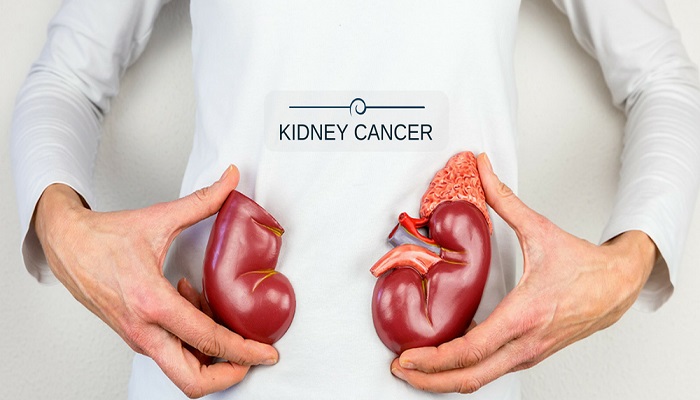NICE, the National Institute for Health and Care Excellence, has received a plea from the Kidney Cancer UK to bring about guidelines on the diagnosis and treatment of kidney cancer as a significant priority.
Although NHS England has commissioned NICE to go through the urgent work, the recent results of a survey conducted by Kidney Cancer UK suggest that the policies have to be framed sooner rather than later.
The survey brings to light the fact that nearly a third of patients have waited for their turn in excess of three months, right from first presenting to a doctor to being given a proper diagnosis. Moreover, as per the survey, 22% of the patients were initially misdiagnosed.
The charity also highlights the need to ensure that kidney cancer is identified early and how it could be rectified by seamless guidelines, both on referrals as well as diagnosis.
The survey puts forth the fact that over 40% of the kidney cancer patients are still in the queue with three to five weeks left until their scan results. The survey, surprisingly, also brings up the fact that 48% of kidney cancer in patients was discovered incidentally through a scan that was not predominantly done for that.
It is well to noted that patients were unhappy with the fact that when the diagnosis was made, the method used to share the result with them was uncalled for—it was often done over the phone.
The University of Cambridge’s Professor Grant Stewart stated in his analysis that the nature of the statistics in this survey has been deeply concerning because these diagnoses and services are occurring post-COVID-19. The fact that 40% of the patients are diagnosed at stage 3 or stage 4 downplays the NHS’s long-term plan of diagnosing three out of four cancers at stage 1 or stage 2 by 2028.
Associate Professor of Radiology from the University Hospital of Southampton, Dr. David Breen opines that one needs to get into less invasive and more effective treatments like Cryoablation when it comes to sub 4-5cms kidney tumours. This surely reflects the need of the patient and significantly spares the kidney function in the background. Although ablation might not be perfect for all kidney cancer patients, it must be discussed in the case of smaller kidney cancers.



















